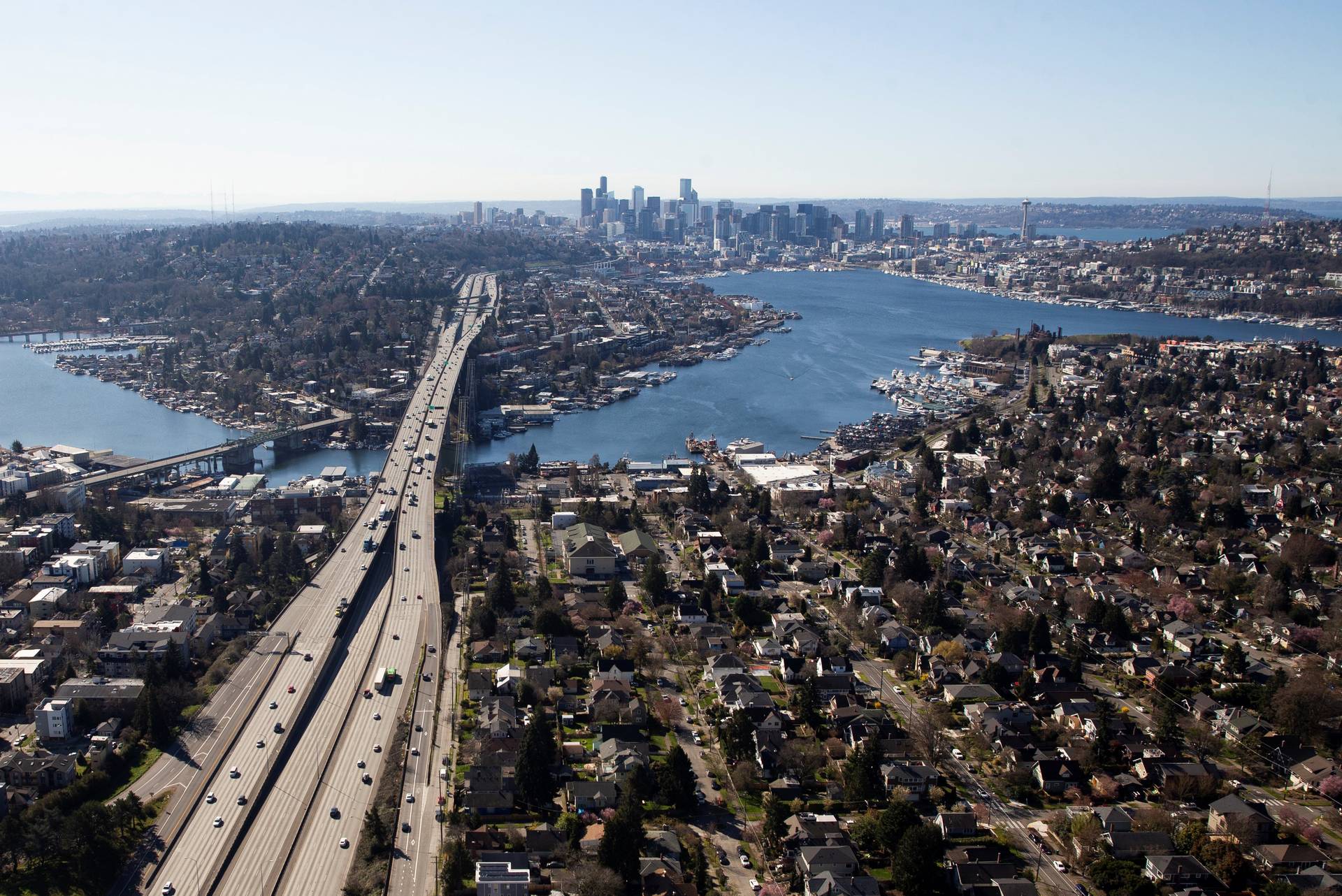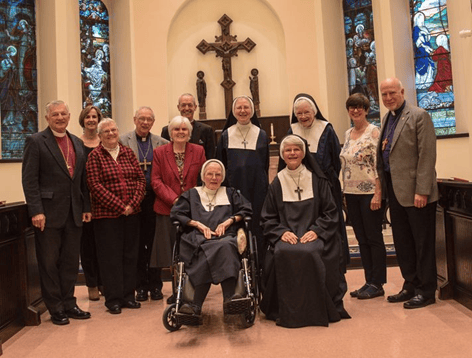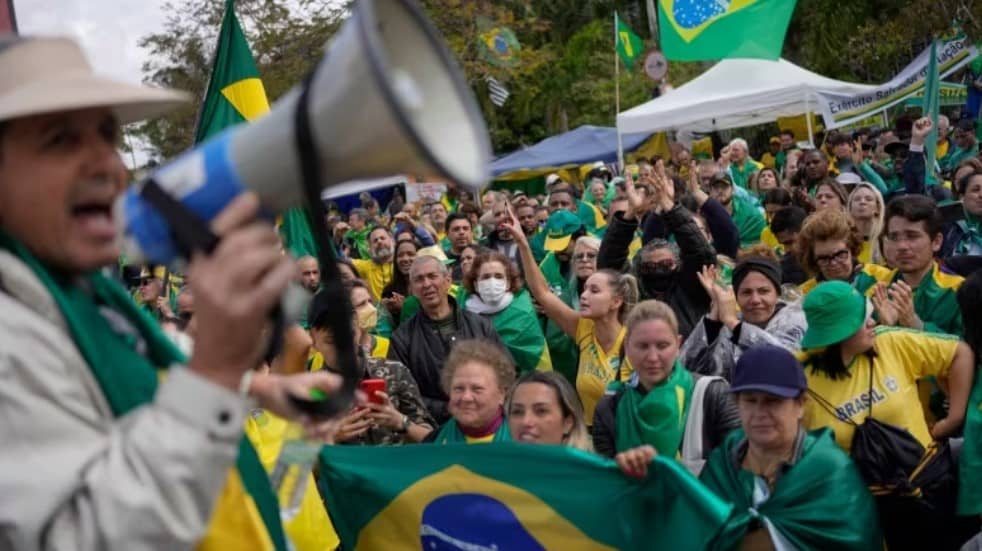Almost two-thirds of American Catholics disapprove of President Donald Trump’s executive order effectively halting the admission of refugees from seven majority-Muslim nations, but that result masks sharp ethnic divides between white Catholics and minorities, a new study by the Pew Research Center shows.
The study found that 62 percent of American Catholics disapprove of Trump’s recent executive order that would prohibit refugees and travel from seven Muslim-majority countries. Protestants overall are more supportive of Trump’s executive order, 51 to 45 percent, with more than three-quarters of white Evangelicals in favor.
In terms of Catholic results, the picture changes drastically between whites and Hispanics and other racial and ethnic minorities.
While 50 percent of white Catholics support the travel ban, 81 percent of Hispanics oppose it, with only 14 percent of Hispanics supporting it and five responding they don’t know how they feel about it.
The sharp divide found in the study, published on Monday, coincides with the way Catholics voted for-or against- Trump in the presidential elections back in November. At the time, white Catholics voted for the president by a wide 23-point margin (60 percent to 37 percent), while Hispanic Catholics backed Clinton over Trump by a 41-point margin (67 percent to 26 percent.).
The racial divide on the attitudes towards the ban is also clear among Protestants: a majority of white Protestants support it, 71 percent, while only ten percent of black Protestants do.
Trump issued the executive order temporarily banning travelers, immigrants and refugees from seven Muslim-majority countries in late January. The order has since been blocked by the courts, but a new one is expected to be released soon.
When Trump’s original order was released, Catholic leaders were almost universally critical. For instance, Cardinal Blase Cupich of Chicago called the decision a “dark moment in American history.”
RELATED: Catholic bishops describe Trump refugee order as ‘shameful’ and a ‘dark moment’
Archbishop Allen Vigneron of Detroit made his statement in the form of a letter to the Imams’ Council of Michigan, in which he assured the Muslim leaders that the Catholic community will continue to speak out and care for immigrants and refugees, “no matter their religion or their country of origin.”
Addressing the first U.S. meeting of popular movements the weekend before last, Bishop Robert McElroy of San Diego called on participants to become “disrupters” against those who want to send troops to deport the undocumented, separating families.
He also told the conference to disrupt those who portray refugees as enemies, those who “train us” to see Muslims as “forces of fear rather than children of God,” disrupt those who “seek to rob our medical care, especially from the poor. We must disrupt those who would take even food stamps and nutrition assistance from the mouths of children.”
According to a different survey released on Friday by the Public Religion Research Institute (PPRI), support for a temporary ban on Muslims entering the United States has dropped among all religious groups except white Evangelicals. In that constituency, support for a ban has gone up six points from 55 to 61 percent.
The Pew study also found that most Republicans (81 percent) support the ban, while a majority of Democrats oppose it (89 percent).
The survey, conducted Feb. 7-12 also shows that half of white Evangelicals believe there is a “great deal” (16 percent) or a “fair amount” (35 percent) of support for extremism among Muslims in the U.S. Among Catholics, here too there’s an ethnic divide, with 28 percent of Hispanics saying there’s some support for extremism among American Muslims while 37 percent of whites think so.
Pew also found that since October, attitudes regarding the United States’ responsibility to accept Syrian refugees, one of the countries included in the executive order, has changed. Last fall, 40 percent said the U.S. did have this responsibility, while this time it was 47 percent.

















